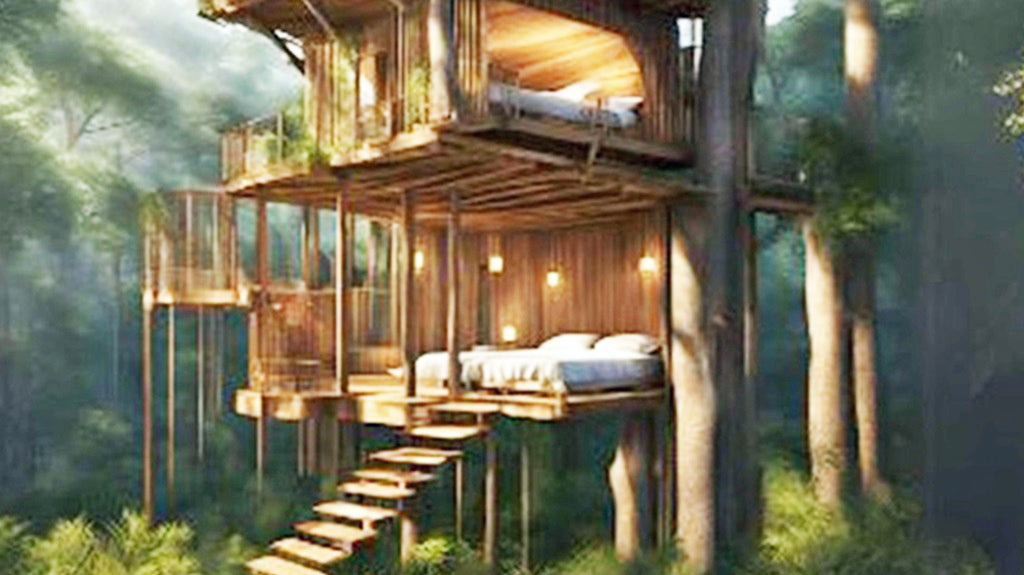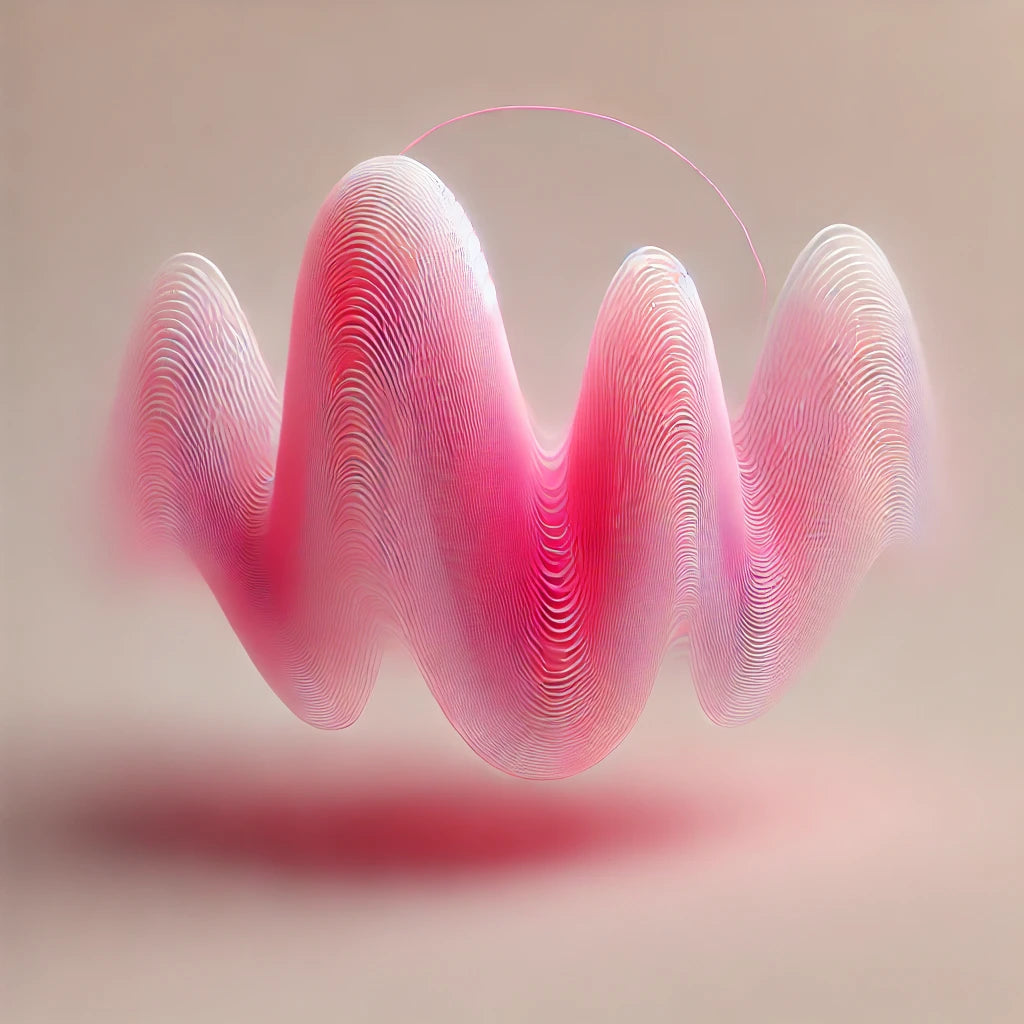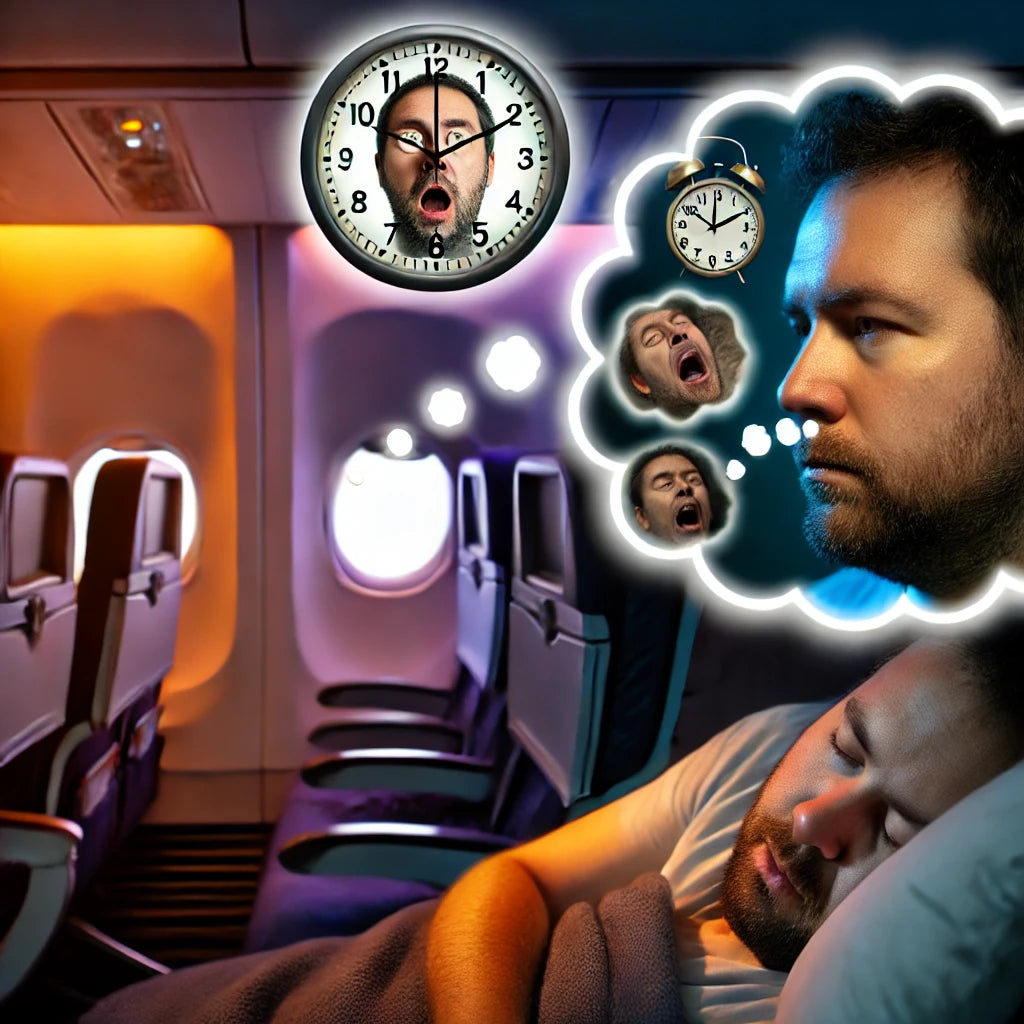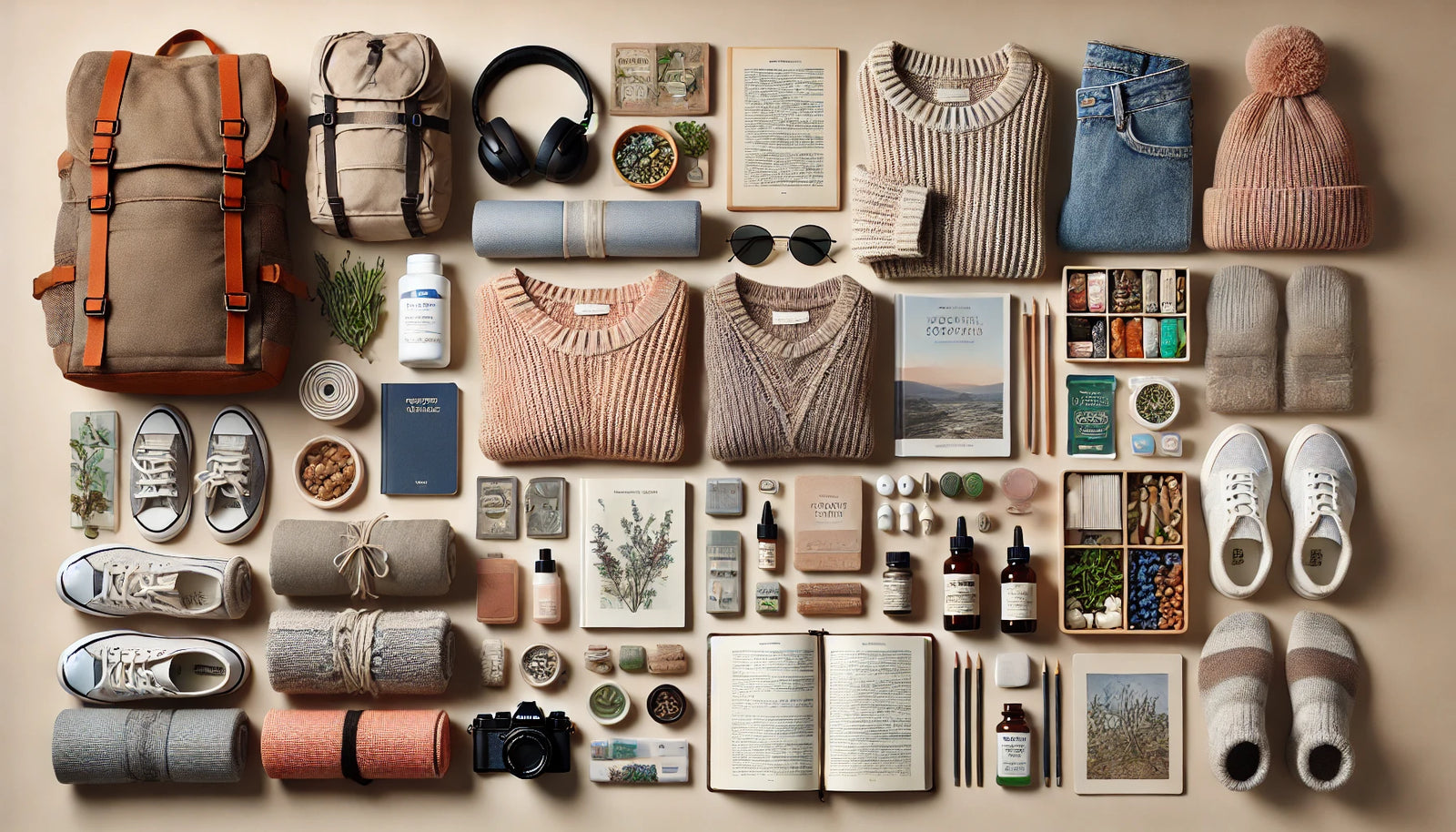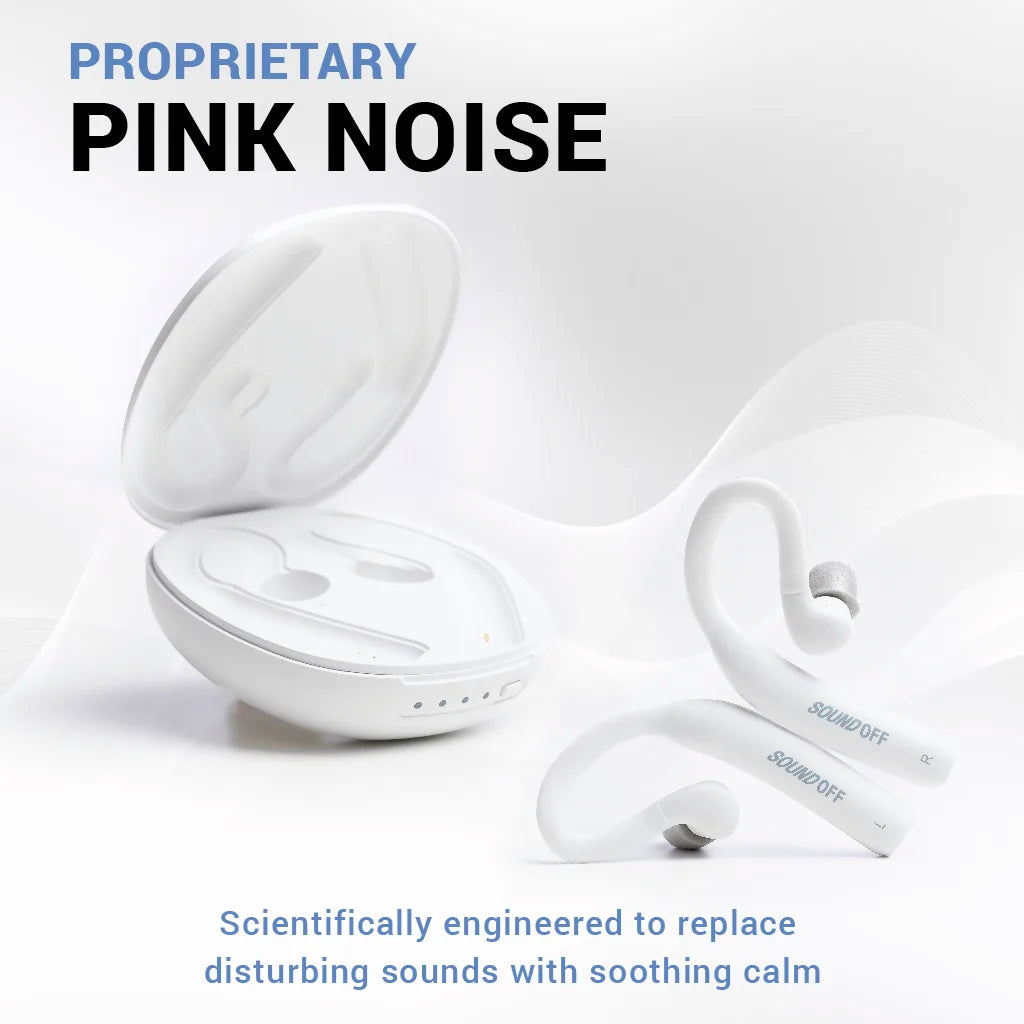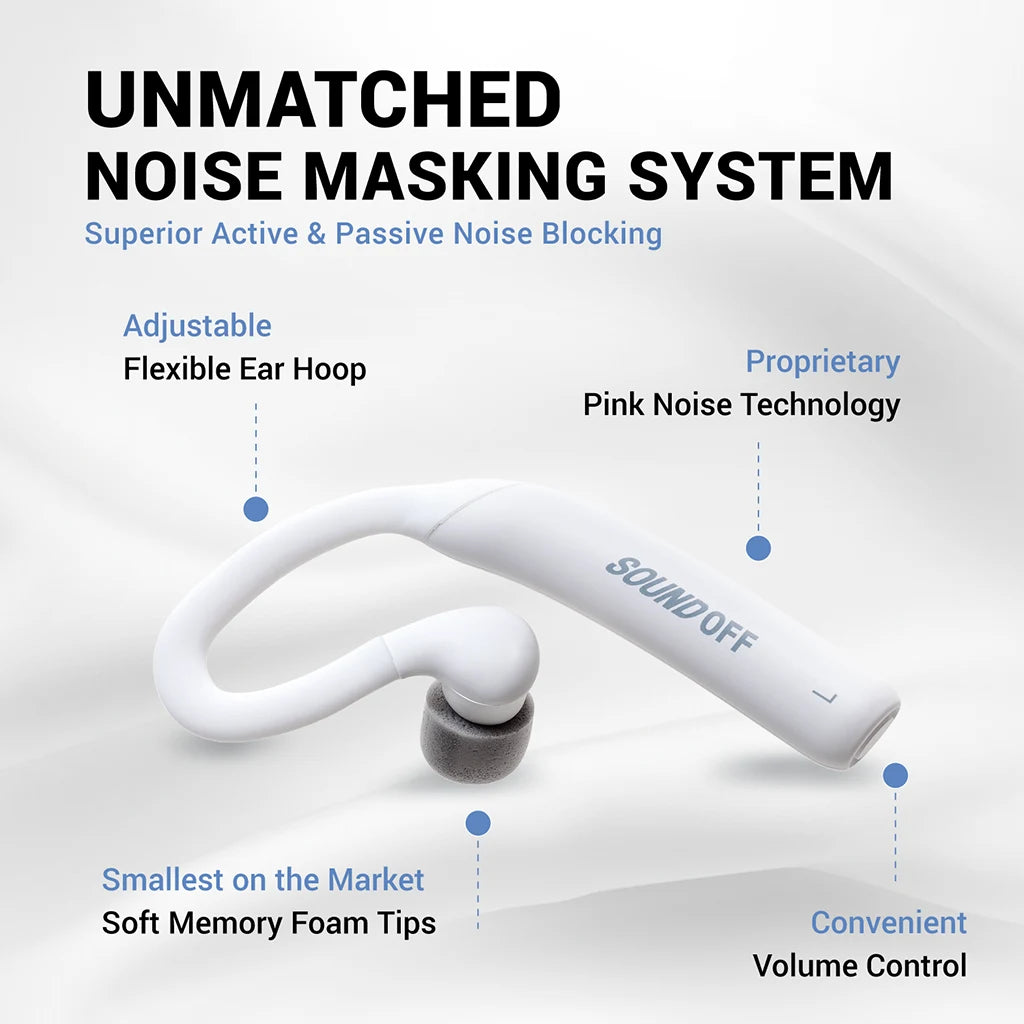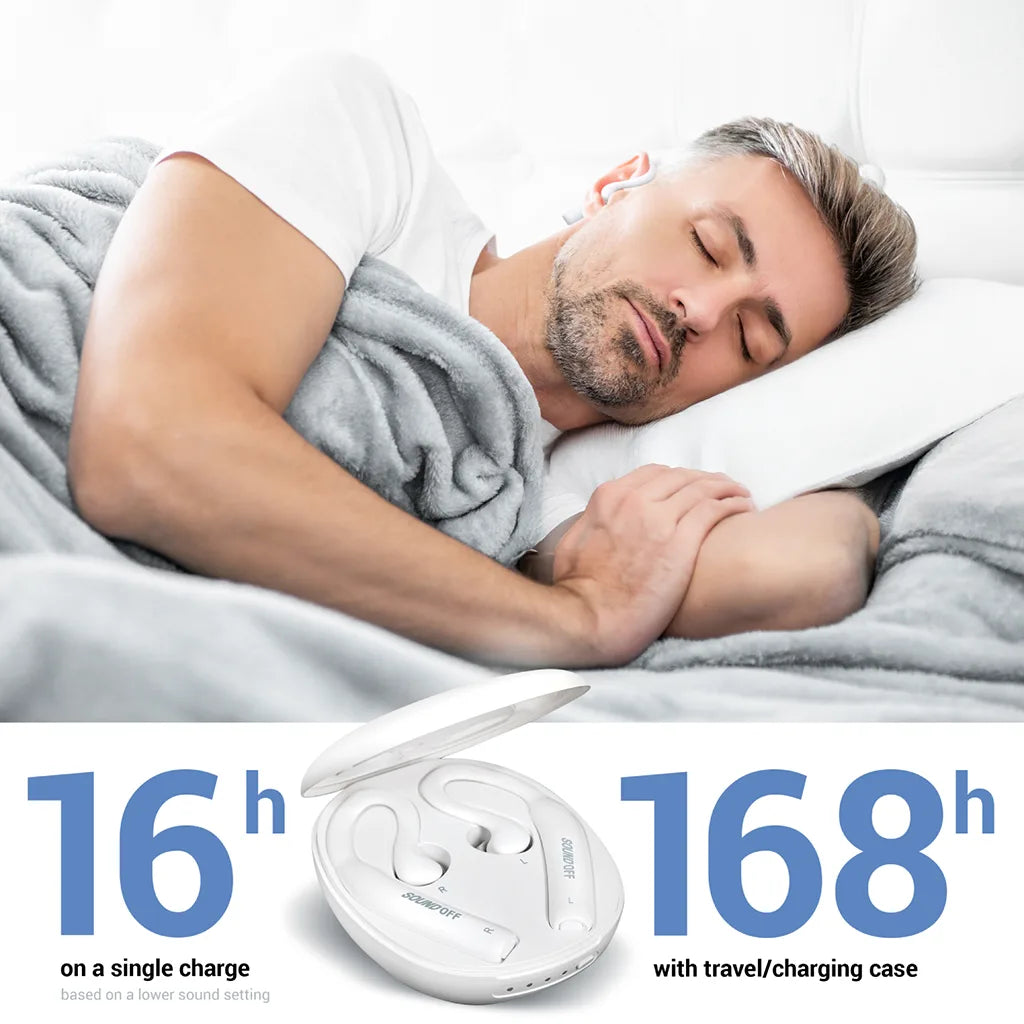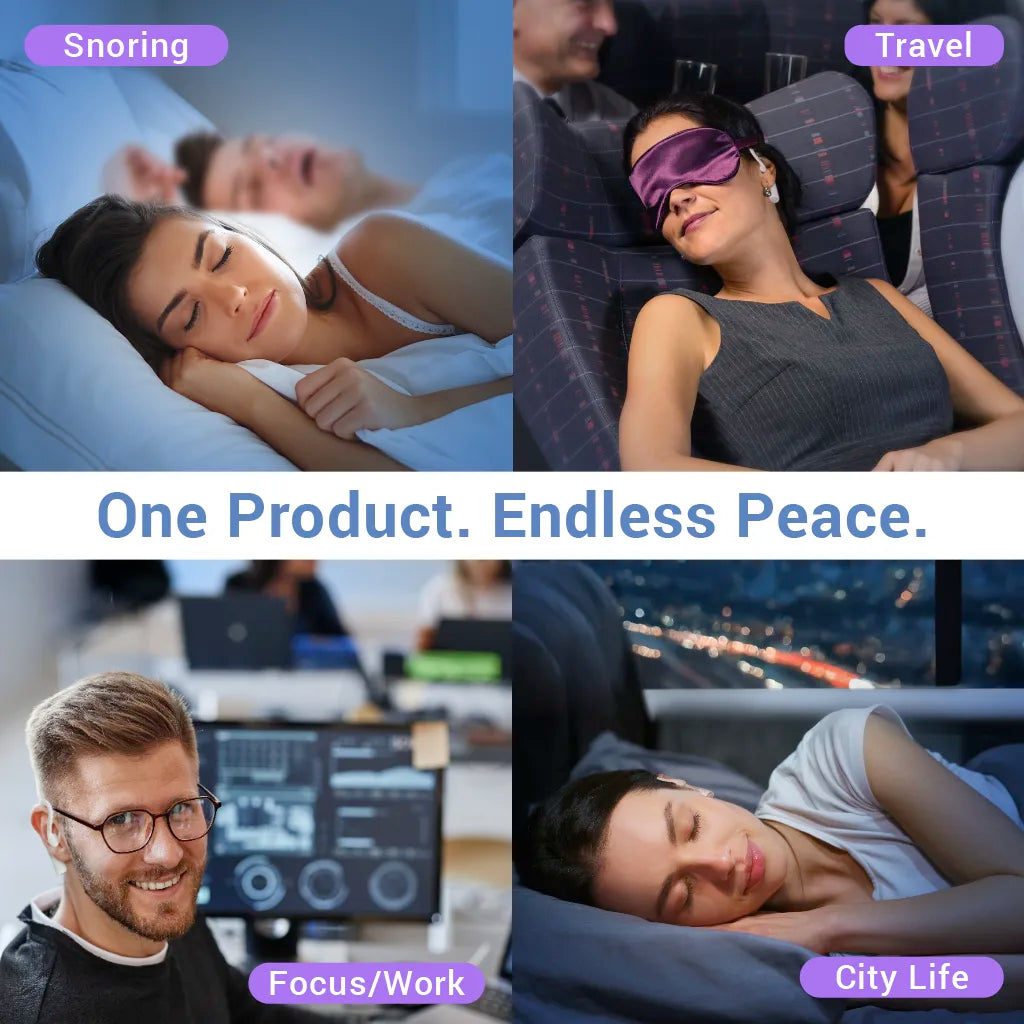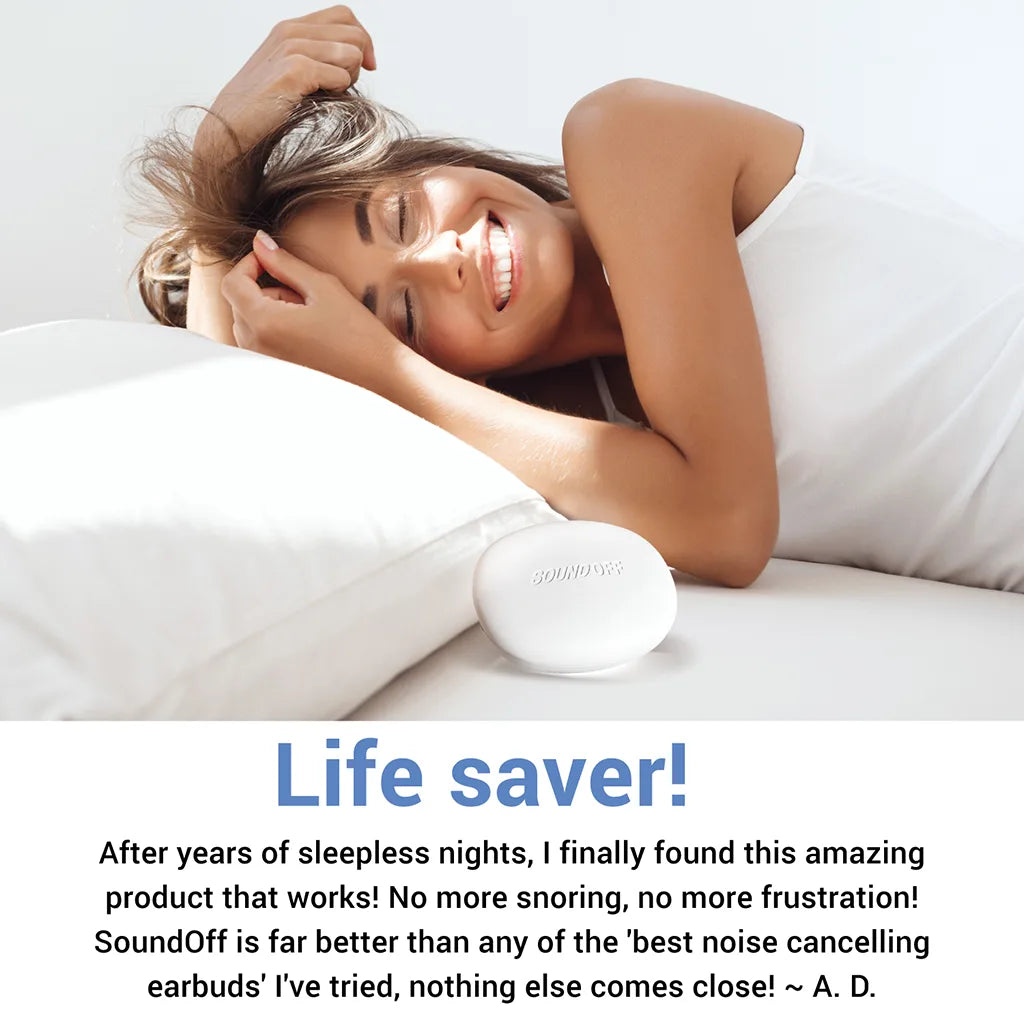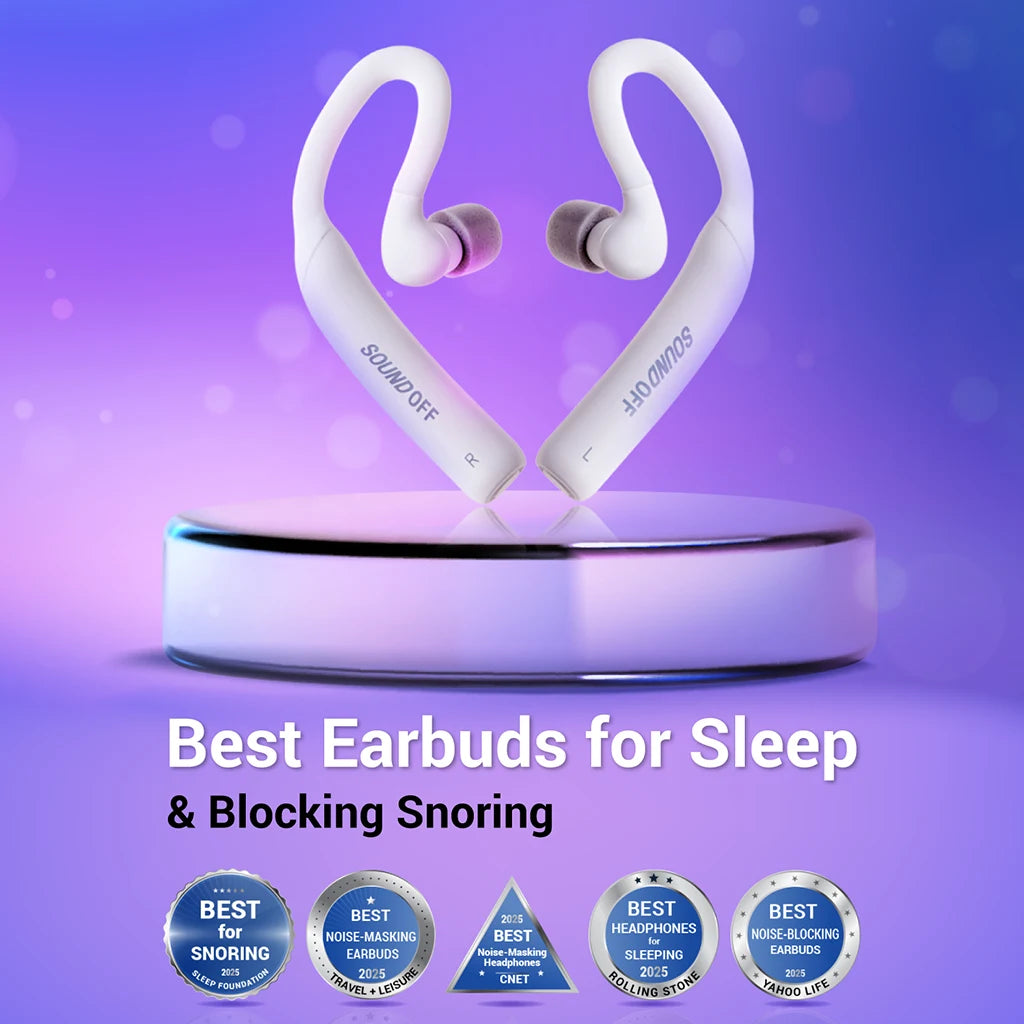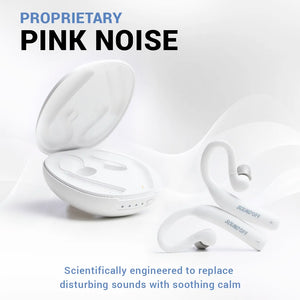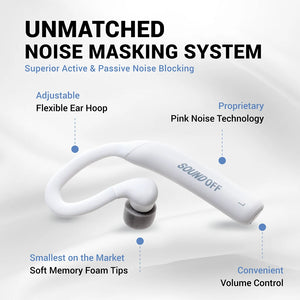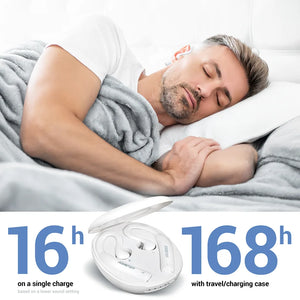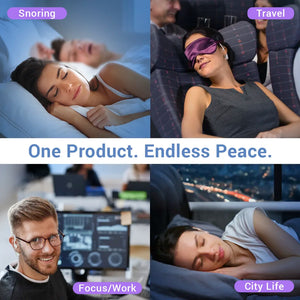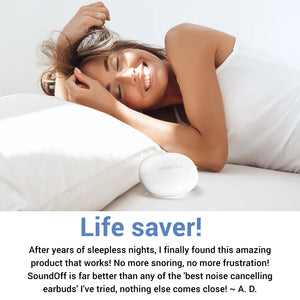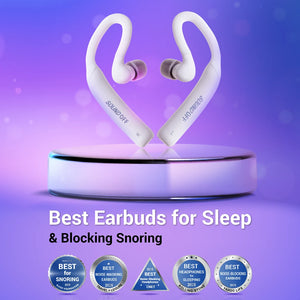Intro:
- Sleep tourism is a travel trend whereby one visits a destination for the express purpose of rest and relaxation. This could be a wellness setting or accommodations specifically designed for comfort and relaxation.
- The Sleep Tourism industry emerged in the last decade to embrace a growing demand for sleep-focused vacations.
- Sleep tourism has become a multibillion-dollar industry, expected to grow by 8% between 2023 and 2028.
- As more and more travelers recognize the importance of prioritizing sleep, sleep tourism locations are seeing a boon in business while providing a more restful travel experience for the sleep challenged.
- Locations, steeped in nature and sleep-enabling amenities, cater to this growing demand for quality sleep while vacationing. It’s the latest travel trend. Let’s explore further…
Making Sleep a Travel Priority
In our fast-paced world, sleep often takes a backseat. Between work deadlines, family commitments, and the constant digital buzz, achieving a good night's rest can feel like a luxury. However, the tide is turning. People are recognizing the vital role sleep plays in overall health and well-being, and a new travel trend is emerging… Sleep Tourism.
Sleep tourism focuses on prioritizing quality sleep during your vacation. It's about escaping the hustle and bustle and immersing yourself in an environment specifically designed to promote deep, restorative sleep. Here at SoundOff, we share this dedication to sleep. Our SoundOff earbuds, with their proprietary Pink Noise technology, are a powerful tool to combat disruptive noises and anxiety, allowing you to drift off to sleep faster and wake up feeling refreshed.
Think of Sleep Tourism as a synergy between travel and self-care. It's not just about the destination; it's about the transformative experience of prioritizing sleep and reaping the numerous benefits it offers.
Benefits of Sleep Tourism
The burgeoning sleep tourism industry caters to a universal need – quality sleep. Here's how a sleep-focused vacation can rejuvenate your mind, body, and spirit:
Improved Sleep Quality:
Sleep-centric resorts and hotels offer environments specifically designed to promote deep sleep. Features like blackout curtains, temperature-controlled rooms, and comfortable bedding all contribute to a more restful night.
Reduced Stress and Anxiety:
Sleep deprivation is a major stressor, and chronic stress can disrupt your sleep patterns. Sleep tourism destinations often incorporate relaxation techniques like yoga, meditation, and spa treatments to help you unwind and de-stress, setting the stage for a peaceful night's sleep.
Enhanced Energy Levels:
Getting a good night's sleep significantly boosts your energy levels. Imagine waking up feeling refreshed and ready to explore your chosen destination with renewed enthusiasm.
Boosted Mood:
Sleep deprivation is linked to mood swings and irritability. Getting enough quality sleep during your vacation can improve your mood and overall sense of well-being, allowing you to fully appreciate your travel experience.
Improved Cognitive Function:
When you're well-rested, your brain functions at its peak. You can focus better, learn more efficiently, and make clearer decisions. Sleep tourism can help you return home feeling sharper and more productive.
Stronger Immune System:
Research shows that sleep plays a crucial role in immune function. A sleep-focused vacation can strengthen your immune system, making you less susceptible to illness.The Power of Pink Noise with SoundOff Earbuds
While sleep tourism offers incredible benefits, external factors like snoring or unfamiliar sounds can disrupt sleep even in the most sleep-conducive environments. This is where SoundOff earbuds with Pink Noise technology come in.
Pink noise is a calming sound with a specific frequency distribution that masks disruptive noises and promotes relaxation. Studies have shown that Pink Noise can help people fall asleep faster, sleep more deeply, and experience fewer sleep disruptions.
SoundOff earbuds utilize this science to create a gentle, continuous sound that blocks out unwanted noises and creates a calming soundscape, similar to rustling leaves or a gentle rain. This allows you to fall asleep faster and experience a more restful night, maximizing the benefits of sleep tourism.
Why Sleep Tourism is Trending
Wellness and self-care have become more of a priority for many since the pandemic, and people have turned to travel as a means of taking better care of themselves physically, mentally and emotionally.
According to a recent Gallup poll, 57% of Americans, particularly women under 50, say they would feel better if they got more sleep. These popular sleep sanctuaries provide a timely answer to the sleep deprived masses, offering a fun, relaxing vacation, with truly rejuvenating benefits.
Additionally, some are seeking a unique wellness experience. Remote forest retreats, seaside locales, sleeping in the desert under the stars… provide a tranquil backdrop as they begin journeys to better health practices such as alcohol or other substance-free stays, healthier diets, and stress resets.
Taking a cue from the wellness sector, the travel-related sleep market focuses on the growing science around quality sleep, and its benefits…
- It promotes rest and overall wellness.
- Sleep is strongly associated with mental health.
- Chronic sleep issues are believed to heighten the risk of dementia, heart disease, obesity, and various cancers.

The Younger Generation’s Sleep Sense
According to a 2024 Canadian study, Gen Z, representing those born between 1995-2010 is the segment of the population most intentional about prioritizing their sleep—and they’re happy to pay for it—thus becoming a driving force in sleep tourism.
- Gen Z places a high priority on sleep improvement (63%), ahead of Millennials (52%) and Gen X (48%).
- Gen Z places a high importance on increasing energy (58%).
- Gen Z rates tiredness/lack of energy (60%) as a substantial health concern, aligning with their overall focus on mental health and well-being.
- Gen Z exhibits a notably higher emphasis on mental health (73%) and stress (71%).
Getting enough sleep strengthens the immune system, improves heart health, and lowers risk of chronic diseases. 60% of Gen Zer’s in the Canadian study considered tiredness or lack of energy to be a major health concern.
Sleep helps the brain function at its best, which can improve learning, memory, and problem-solving skills—especially helpful to those still in school.
Good sleepers feel more positive and less stressed and anxious. Gen Zer’s may choose to go to bed early to avoid late-night socializing and alcohol consumption in favor of self-care and productivity.
Sleep Tourism Destinations Around the World
Sleep tourism destinations are popping up worldwide, catering to the growing demand for sleep-focused vacations. Here are a few examples to inspire your next trip:

- Finland: The Finns are known for their appreciation for good sleep, and it's no surprise they've embraced sleep tourism. Hotels like Hotelli Levitunturi in Kittilä offer "Northern Lights Sleep Experiences," complete with specially designed sleep pods for gazing at the Aurora Borealis without sacrificing sleep.
- Indonesia: Conrad Bali Luxury Resort offers something called SWAY, a 60-minute sleep therapy session in a suspended cocoon hammock.
- Sweden: Treehotel in Harads, Sweden, offers unique "bird's nest" rooms suspended amongst the trees. These cozy, soundproofed refuges come equipped with comfortable beds and blackout curtains, ensuring a peaceful night's sleep amidst the natural beauty of Sweden.
- United States: Sleep-focused havens are popping up across the U.S. The Ranch at Live Oak in Malibu, California, is a luxury wellness retreat that prioritizes sleep with blackout curtains, temperature-controlled rooms, and personalized sleep consultations.
- Hawaii: The wellness-centric Sensei Lanai, A Four Seasons Resort, offers a five-night retreat specially designed to help manage stress and improve sleep, with a menu of services including breathwork and sleep tracking.
- New York: Equinox Hotel is designed for wellness and sleep enthusiasts, sleep-focused amenities include soundproofing, temperature-regulating duvets, and an in-room AM + PM Rituals program to help guests regulate their circadian rhythm.
- Texas: The Lajitas Spa & Resort in Texas offers a "Sleep Sanctuary Package" that includes accommodation in soundproofed rooms, a sleep consultation, and in-room aromatherapy. They even offer a "Pillow Menu" to ensure you have the perfect headrest for a comfortable night's sleep.
The sleep tourism industry is constantly innovating to provide guests with unique and effective ways to achieve a good night's sleep.
Holistic WellnessHolistic wellness practices play a key role in most sleep tourism packages. These packages typically include spa treatments and activities such as meditation, and yoga. They may also include sleep consultations, nutritional workshops, smart lighting and sound therapy.

The Driving Forces Behind Sleep Tourism
The Sleep Tourism industry isn't driven by a single entity, but rather a confluence of factors:
- Increased awareness of sleep's importance: Growing scientific evidence highlights the critical role sleep plays in overall health and well-being. This knowledge empowers individuals to prioritize sleep and seek solutions for sleep problems.
- Shift in travel trends: Travelers are increasingly seeking more personalized and wellness-focused experiences. Sleep tourism caters to this desire, offering a unique vacation that focuses on rejuvenation and self-care.
- Hospitality industry adaptation: Hotels and resorts are recognizing the demand for sleep-focused experiences. This translates into creating sleep-conducive environments, offering sleep-promoting amenities, and incorporating wellness practices like yoga and meditation.
Quotes from Sleep Tourism Experts:
- Dr. Rebecca Robbins, Sleep Scientist and Hilton Wellness Partner: “People are finally realizing that sleep is a non-negotiable part of health and wellness. It’s no surprise that the travel industry is starting to cater to this growing need for restorative sleep experiences.” [Source: Interview with Hilton on Sleep Trends]
- Dino Michael, Senior Vice President, Global Head, Luxury Brands, Hilton: “Ultimately, the biggest priority for a hotel guest is to get a great night’s sleep... Sleep tourism and holistic wellness are shaping the guest experience in the luxury travel market.” [Source: Hilton Shares Key Insights on Sleep Tourism]
Leaders in Sleep Tourism Accommodations:
While a single leader for the entire industry doesn't exist, several hotels and resorts are pioneers in sleep-focused experiences:
- Six Senses Hotels & Resorts: Known for their focus on wellness, Six Senses incorporates sleep-promoting practices like sleep consultations, aromatherapy, and blackout curtains into their guest experience.
- L resorts: This luxury resort chain prioritizes sleep with features like high-quality bedding, blackout curtains, and technology that minimizes light pollution in rooms.
- Proper Hospitality: This boutique hotel group offers sleep-focused rooms with blackout curtains, noise-cancelling windows, and in-room amenities like sleep meditations.
Even the Airlines are onboard
Airlines also see the benefits in catering to this sleep travel trend. More are optimizing every inch of the airplane so passengers can sleep better in flight.
Air New Zealand will now offer a bunk bed time-share of sorts in its economy class called “SkyNest” for long-haul flights to the South Pacific. Starting next year travelers can purchase four-hour sleep sessions in pods similar to the set-up already in place for cabin crew.
American Airlines has announced a new amenities program designed specifically so passengers can experience more restful flights.

Maximize your Bliss with Sleep-Focused Travel Accessories
More and more travel accessories are hitting the market, offering hope for tranquil travel and the promise of sleep while enroute to your rest-focused vacation.
Like the Pluto Pod neck pillow – which promises in-seat sleep, even for those relegated to economy…
A sleep mask, is a seemingly obvious pick— but you might just want to step up to a luxurious choice like 100 percent Mulberry Silk…
How Mulberry silk sleep masks benefit both your skin and your sleep
- Better sleep: Blocking out light helps you fall asleep faster and sleep deeper. Darkness can also increase your body's melatonin levels.
- Hydrated skin: Mulberry silk is less absorbent than cotton, and therefore absorbs less moisture from your skin while you sleep. The silk's weave is dense, so it also helps retain the skin’s moisture, which can help reduce lines, wrinkles, and dark circles. Silk is also a protein-based fabric that contains fibroin, which can help your skin and hair retain moisture.
- Skincare: Silk is anti-crease which creates less friction against your skin than other materials, so it won't leave creases on your skin. Additionally, it repels allergens like mold and dust mites. Silk may also help your skin absorb face products better, so you can get more significant results when you wake up in the morning.
- Temperature regulation: Mulberry silk is a natural, breathable fabric with heat-regulating properties which helps keep your skin cool and dry.
And of course, never leave home without the ultimate travel companion, SoundOff Sleep Earbuds, to block out cabin sounds, and calm your travel weary mind with soothing, peaceful pink noise. Be sure to pack them in your carry on for up to 16-hours of tranquil travel.
Resources for Finding Sleep Tourism Destinations
There isn't a single, comprehensive directory yet for sleep tourism destinations, however, Purecare, a company that focuses on sleep wellness, published a 2024 report.
If you’re looking for destination ideas that are geared toward sleep tourism, here are some resources to help you find sleep-focused accommodations:
- Travel publications: Many travel publications have started featuring articles on sleep tourism. Look for articles with titles like "The Best Sleep Retreats" or "Travel Destinations for Better Sleep."
- Wellness travel websites: Websites dedicated to wellness travel often list sleep-focused retreats and resorts. Explore sites like https://wellandbeing.com/our-destinations/ or https://globalwellnessinstitute.org/ for curated lists.
- Hotel websites: Many sleep-centric hotels and resorts prominently advertise their sleep-focused amenities on their websites. Keywords like "sleep sanctuary," "sleep retreat," and "sleep-enhancing environment" can help you find these hotels during your online search.
Remember: When searching for sleep-focused accommodations, look for features like:
- Blackout curtains
- Noise-cancelling windows or soundproofed rooms
- Comfortable bedding
- Adjustable room temperature controls
- Sleep-promoting amenities like aromatherapy diffusers or white noise machines.
By combining your research with the benefits of SoundOff earbuds and soothing Pink Noise, you can create a truly restorative sleep experience on your next adventure!

